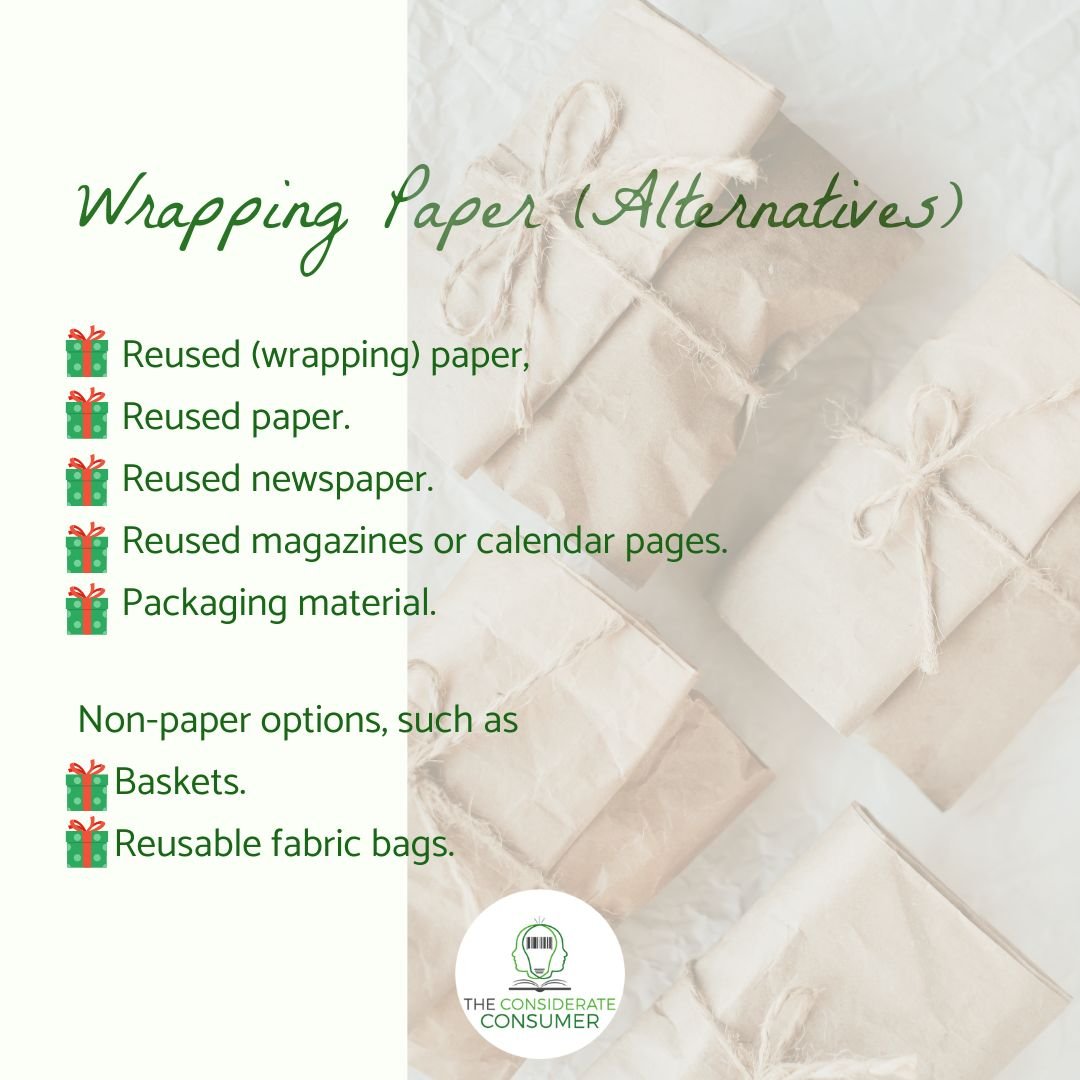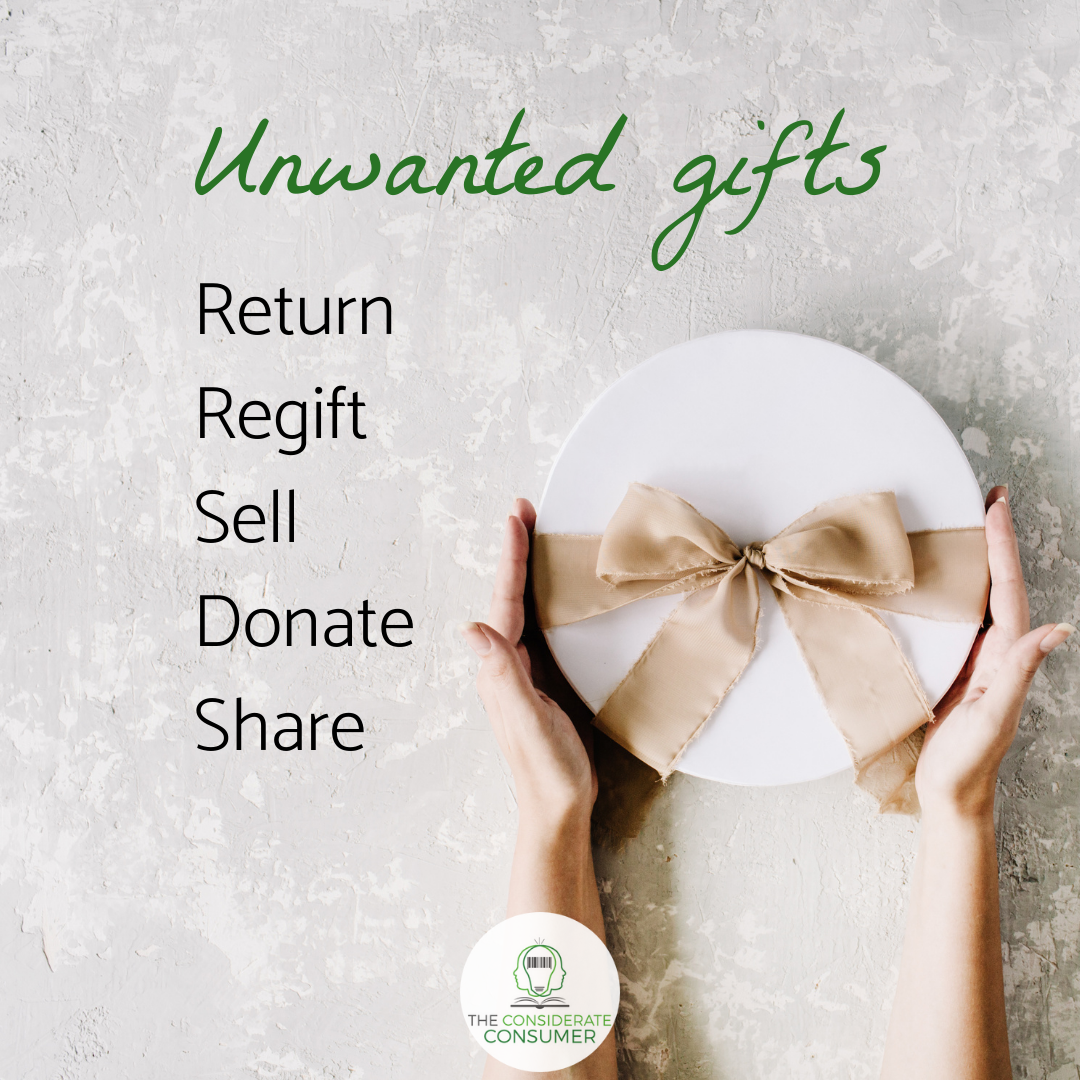March 2023
Everyone loves a good party, but given the volume of parties thrown on Earth, it is essential to understand what we can do to celebrate sustainably – whatever the occasion!
INVITATIONS
It’s nice to design a special paper invite to post to people, but this does generate lots of waste. Digital invites are an excellent way to avoid this, though. Sites like Evite, Greenvelope, Punchbowl and Paperless Post offer ways to send virtual invitations with customisable designs.
If you need to send a paper invite to someone who can’t receive an online one, why not try plantable/seed paper? It contains wildflower seeds and can be planted for them to sprout. Check out companies like Botanical Paperworks EU, The Paper Shop and Greengiving to get your supplies!
Otherwise, go for recycled paper. Although chemicals are used in the process, the benefits of recycled paper outweigh their potential damage, especially when compared with the heavy consequences of making new paper. Recycling one tonne of paper saves 1,430 litres of oil, 26,500 litres of water and about 17 trees.
GIFTS
It’s logical to want to gift people things they wish for, but by being sustainable here, too, you can end up giving something that benefits us all. Things like DIY presents, homemade food, pre-loved items, donations in their name, or experiences are an excellent way to fulfil this – but have a read through our Gifts & Gifting → page for more inspiration. There you’ll also find info on eco-friendlier ways to wrap your presents.
As for receiving gifts yourself, if you get something you don’t like, donate it or sell it.
PARTY SUPPLIES
It’s fun hosting people, but single-use tableware can be highly wasteful compared to using the cutlery and plates you have in your home. If necessary, consider renting plates, glasses and cutlery, borrowing them from neighbours or friends, or asking attendees to bring some things with you.
It ultimately depends on the size of the event. For many people, dishes and drinks would need a dishwasher to make cleaning them sustainable. Otherwise, opt for more eco-friendly single-use items, like biodegradable or compostable ones. Buying locally – and, if possible, packaging-free – is always best.
Companies like Biotrem, BioBag Tableware and Susty Party are good brands to look out for.
DECORATIONS
With some creativity, you can make some beautiful party decorations with the items you have lying around at home:
Use old books, magazines or fabrics to make bunting, flags and party hats.
Biodegradable confetti can be made out of petals or cutting-up leaves.
For Christmas, use old toys or paper cut-outs to decorate your tree, and use things like dried oranges, pinecones or cinnamon sticks to make other nice-smelling decorations.
Use beeswax candles instead of paraffin ones, and make sure the wick is made of cotton, wood or hemp. There are also vegan candles made of coconut, soy or rapeseed wax – check that the manufacturing process is also responsible.
Shop around for eco-alternative decorations. Online shops like Ginger Ray, Little Cherry and The Original Party Bag Company sell a wide range of sustainable products.
Check out our Christmas Tree → entry for more info on how to sustainably source your tree.
FLOWERS
Choose native organic cut flowers grown at a local nursery if you bring flowers. Or get a native potted plant for the balcony/windowsill or something to plant in the garden - this way, the host will enjoy the gift long after the celebration.
Depending on the occasion, you may receive lots of flowers. If that means having one too many bouquets than you can handle, look for an organisation like the UK’s Floral Angels, which takes ‘used’ flowers and donates them to homes and hospices.
Learn more about sustainable Flowers & Houseplants →.
FIREWORKS
Fireworks leave toxic particles in the air, containing metals like aluminium, lead and zinc that give their explosions colour. This particulate matter eventually ends up in water, soil and even our bodies. When spent fireworks casings land, animals can mistake them for food. They will also contaminate recyclables if thrown in with them.
Giving up fireworks would be the best environmental solution. But since many people find this difficult, we can at least start by attending organised displays instead of putting on our own. If you decide to get some yourself, try out innovative, less environmentally polluting versions by e.g. NICO.
GETTING TO THE PARTY
If you and your friends are going to the same event, consider carpooling. Or, if you’re hosting, attach a map of how to get to your place via public transport, bike or scooter.
Clothes & Costumes
The fashion industry’s environmental impact is so severe it’s the second worst in the world after oil. However, you can do plenty to help make it less harmful.
Whether you’re getting ready for your wedding, a summer party, Halloween, a carnival, Eid or any other special occasion, you’ll always be able to borrow clothes from friends or relatives, rent them, or find great deals shopping second-hand. Our various fashion entries will shed more light on the matter, and our breakdown of Buying Fashion Sustainably → can give you more ideas.
If you’d like to buy new clothes, get clued up on Sustainable Fabrics → to ensure you’re shopping considerately. This is also good to know if you choose to make your outfit!
FOOD & BUFFET
No party or even small get-together doesn’t involve sharing food or drink. But weighing up production, packaging, transportation and waste, food makes up 10% of greenhouse gas emissions – so it’s a central point to consider when planning a sustainable event.
Here are some things you can do to make a difference:
Plan precisely: buy the right food and beverages for the people you’ll serve. This handy food calculator can help you.
Portioned food is always eco-friendlier than buffets.
Try to consume less meat.
Support Organic → and Local Produce →. Read our Food Shopping → entry for more tips!
If you have leftovers, save them for another meal, reuse them for a new recipe, share them with your neighbour or see if you can donate them to a shelter. Also, encourage your guests to take a portion home with them.
Separate rubbish into compostable/biodegradable, recyclable and general waste.
Since the cake is a particular party favourite, here are some things to bear in mind for this sweet treat specifically:
Buy a cake that uses local produce and is made locally. If the baker is creating a custom order for you, consider requesting plant-based alternative ingredients – avoid gelatine in any case.
To avoid waste, consider your guests’ potential allergies beforehand, choose flavours that everyone likes, and consider just how much is likely to be eaten.
(ALCOHOLIC) DRINKS
Producing alcoholic drinks leaves a large footprint considering the amounts of water and fertiliser used to harvest the grains and other ingredients it needs, not to mention the water run-off from distilling spirits. The distribution itself is very energy and fuel-intensive. This can be mitigated by buying from local producers, like your region’s vineyard, your town’s brewery, or local fruit growers’ juice and soft drinks – and remember to buy organic where possible.
Cleaning up after the party
We have entries detailing the ins and outs of Sustainable Cleaning → and Washing Clothes →. It’s essential to do what you can here, as a lot of environmental stemming from conventional cleaning and washing.
Box up any decorations and equipment in containers like old shoes, delivery or supermarket boxes. And even better, lend these things to friends until you need them again!
Learn more about Household Waste →, how to avoid it, how to reduce it and how to properly get rid of it.
Learn more
Check our sources: Bibliography →
























